‘Phoenix’, Osamu Tezuka’s Immortal Classic
A representative work by the ‘godfather of manga’, ‘Phoenix’’s story of reincarnation tackles questions of existence.
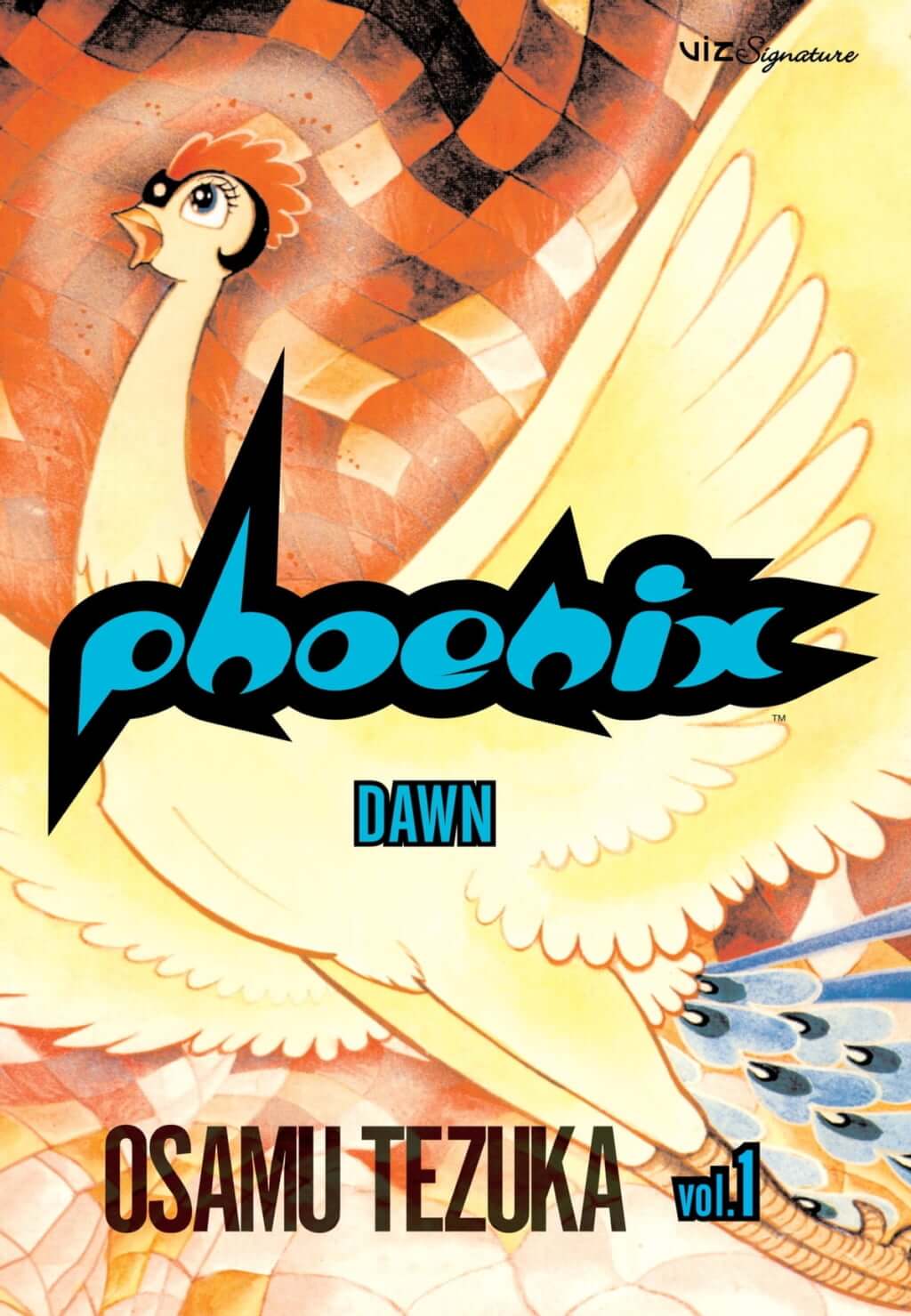
‘Phoenix’ © 2003 by Tezuka Productions
Written intermittently throughout the 60s, 70s and 80s, the ultimate philosophical inquiry by manga’s greatest pioneer Osamu Tezuka has a plot line rushing through vast time-scales. Phoenix is considered his life’s work, with a colossal story on the search for immortality. The Phoenix, a legendary bird of fire and an ancient motif representing transcendence across cultures, is centralised throughout his sketches set in ancient histories and far-away futures.
Its scattered characters recur across time through the presence of ancestors and descendants. Each era is riddled with their own calamities and hardships, and the promise of eternal life amidst, represented by the Phoenix whose blood is believed to grant immortality, brings further existential demands to mankind. Osamu Tezuka’s manga has generally defined the art form since his time. But Phoenix’s story, both a historical drama and an imaginative science-fiction, uses pop culture to engage with fundamental questions of the universe.
Rising from Ashes
Originally from Osaka, Osamu Tezuka’s inventive techniques has caused him to be named the ‘Father’ or ‘Godfather’ of Manga. Manga’s earliest is seen to belong in Edo Era prints, but his work consolidates the beginnings of its modern iterations, with the incorporation of American pop culture as well as the growing influence of film industries. Often considered the Japanese equivalent to Walt Disney, Osamu Tezuka’s wide-eyed style especially took inspiration from Disney Movies, while also the romantic glamour of the influential all-female theatre troupe Takarazuka Revue. His sparkling graphics, delivered with compelling simplicity and a vivid cinematic lens, has lead him to be praised for his many influential early works aimed for children: Astro Boy, Princess Knight and Kimba the White Lion. His later works however channeled elements of gekiga, more ‘literary’ gritty manga that become popular in the 60s, leading to more serious, adult-orientated works like Phoenix.
Amongst an abundance of his manga’s considered classics, Phoenix was probably Osamu Tezuka’s most personally relevant as he began writing it in the 50s, an early stage of his career, serialised it in phases across magazines and throughout decades, until it was finally cut short by his death in 1989. Several volumes were adapted into animation, and even a live-action film of its first chapter Dawn featured prestigious Japanese actors. Phoenix was never finished, but it strikingly embodies metaphysical themes, reflecting a unique view of history and predictions of the future through buddhist cycles of reincarnation. Amongst its author’s undying influence, its cosmic narrative reveals something eternal in itself.
Phoenix (1954-1988), a manga in several volumes by Osamu Tezuka is available in English on VIZ media.
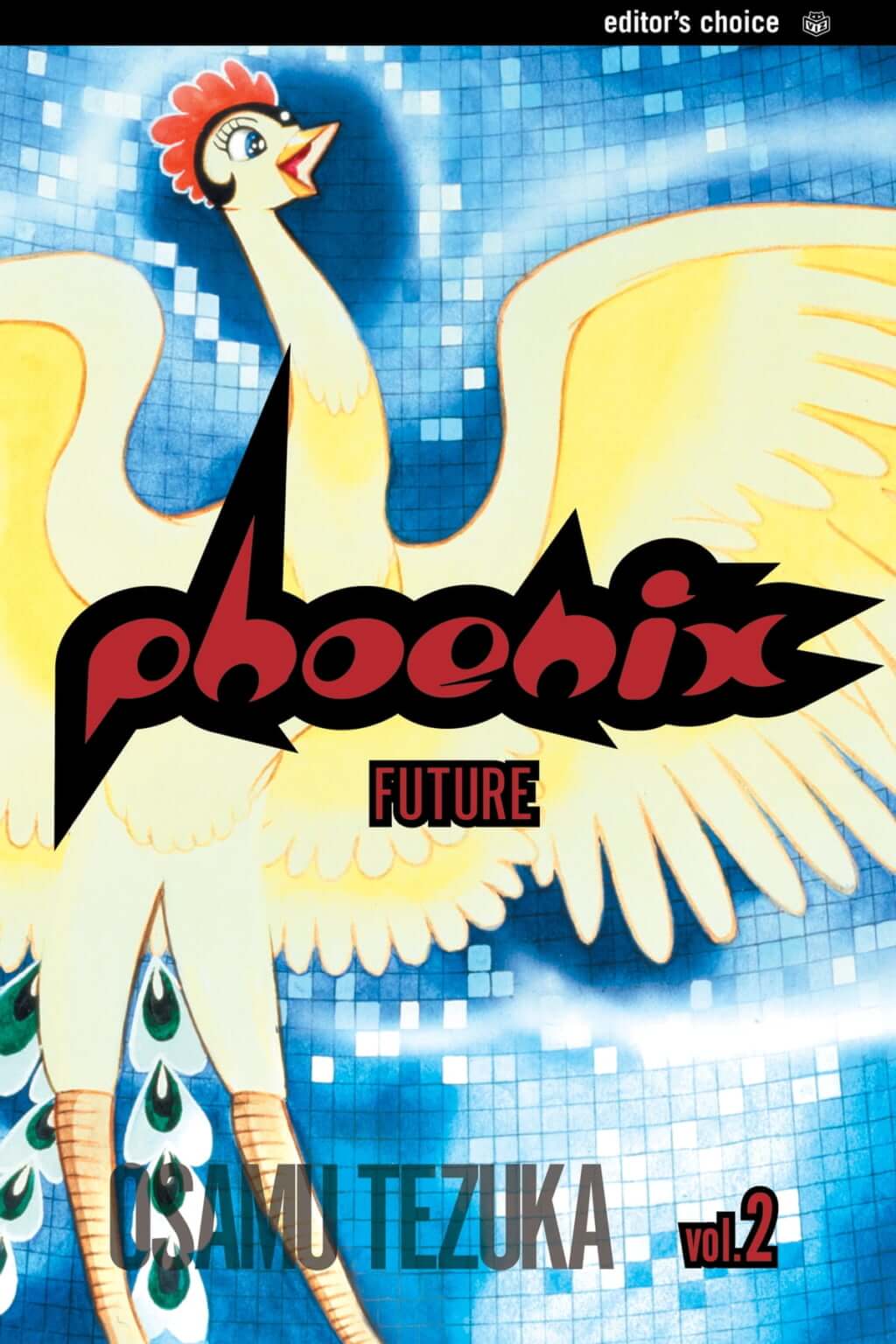
‘Phoenix’ © 2003 by Tezuka Productions
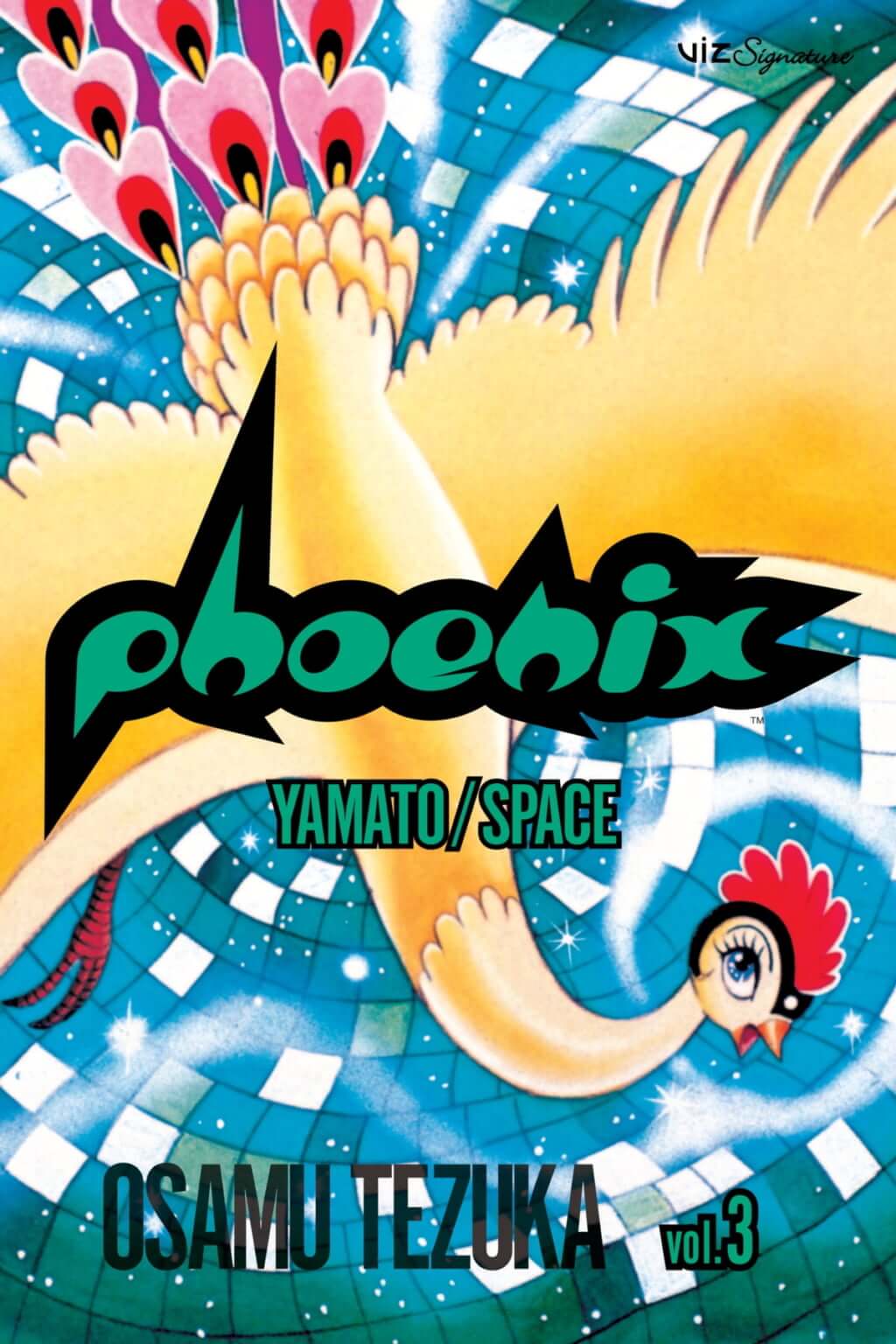
‘Phoenix’ © 2003 by Tezuka Productions
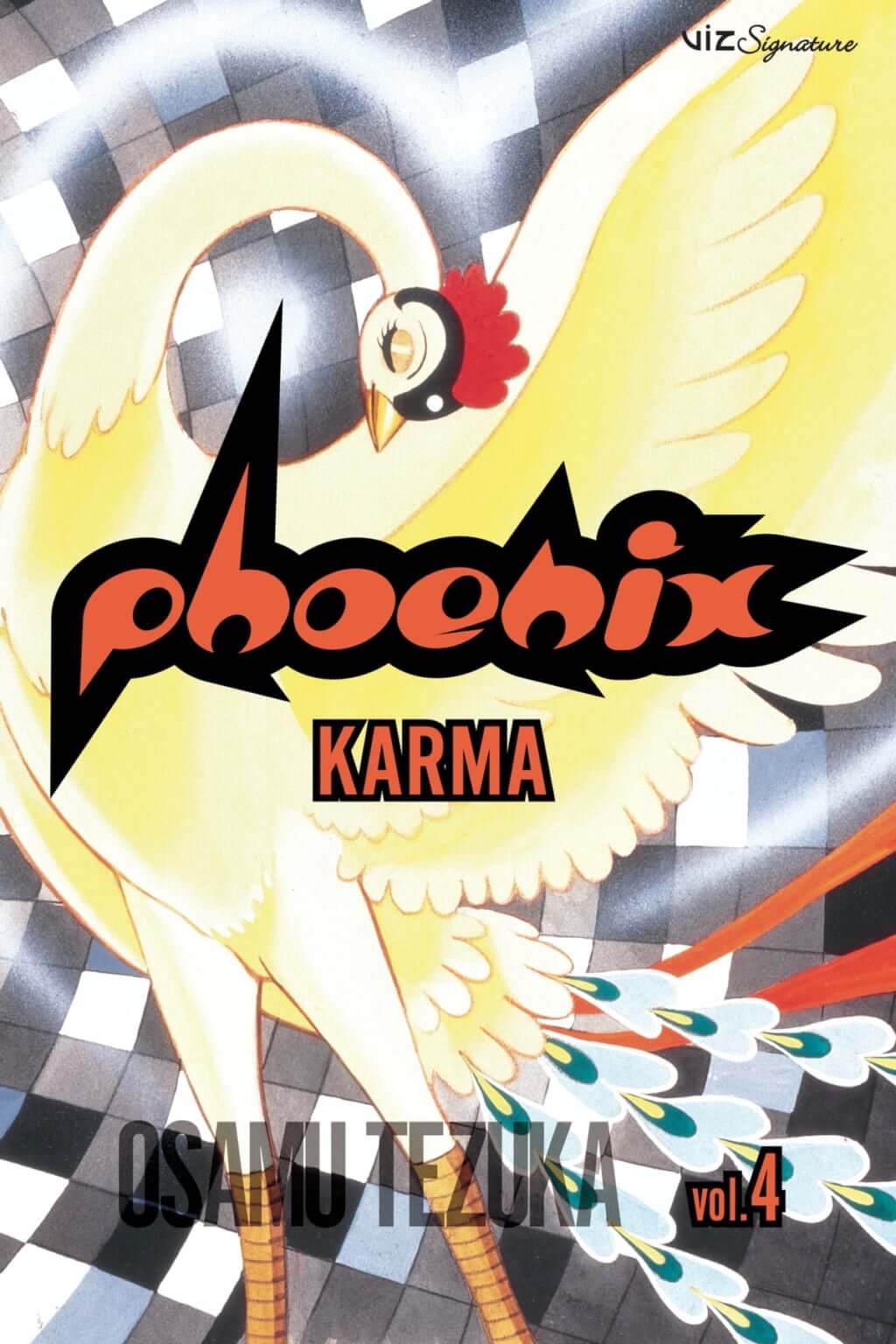
‘Phoenix’ © 2003 by Tezuka Productions
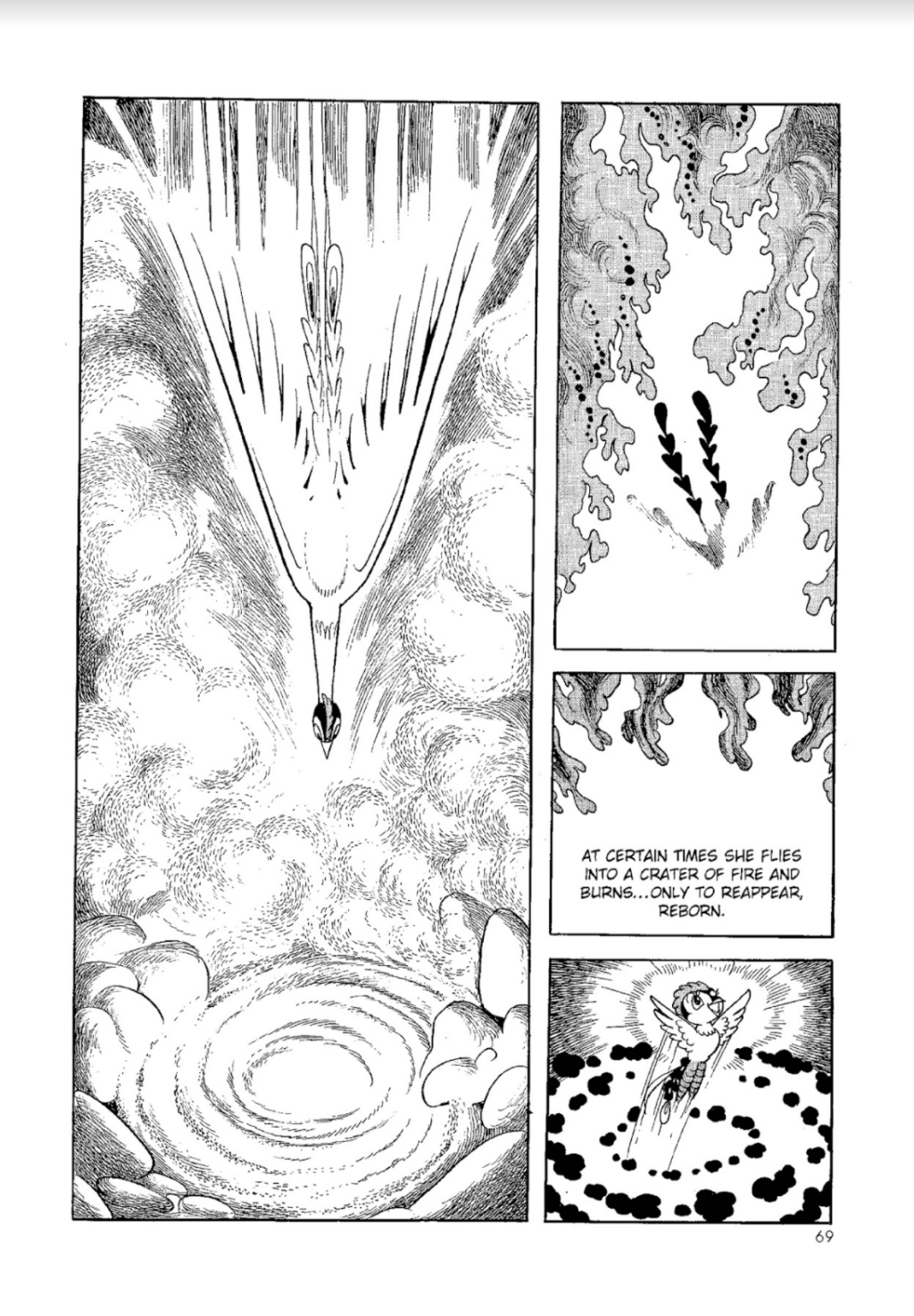
‘Phoenix’ © 2003 by Tezuka Productions

‘Phoenix’ © 2003 by Tezuka Productions
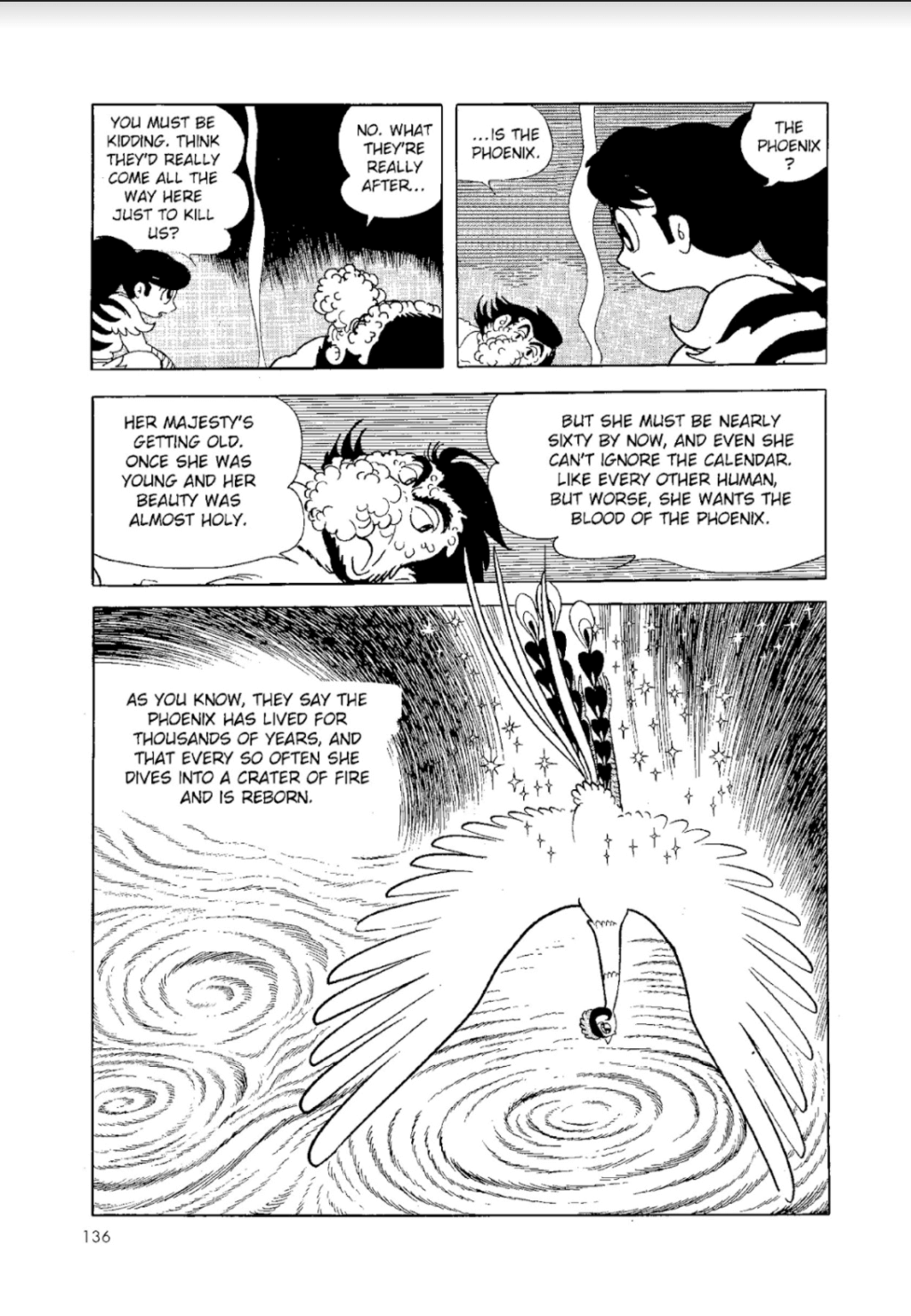
‘Phoenix’ © 2003 by Tezuka Productions
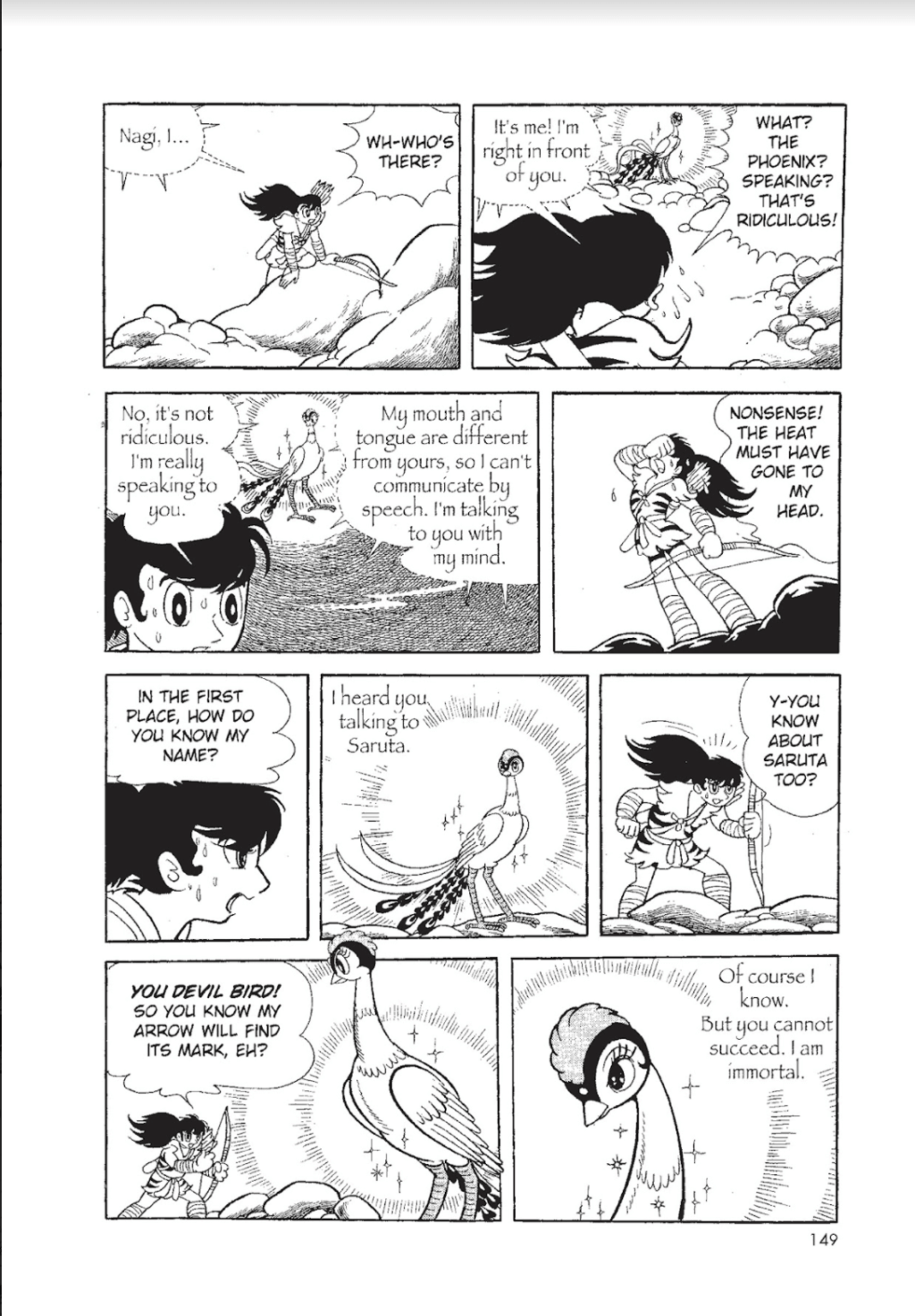
‘Phoenix’ © 2003 by Tezuka Productions
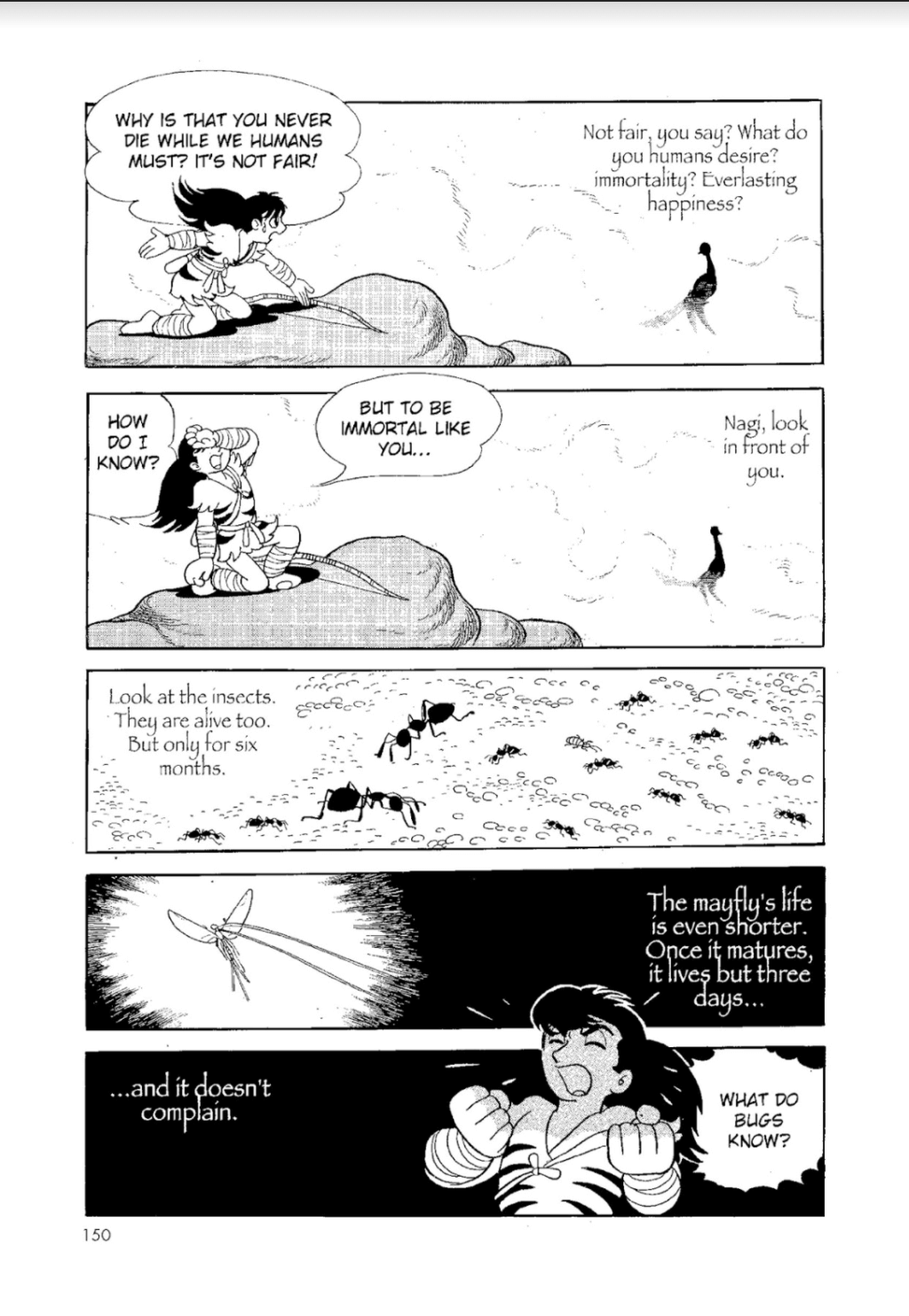
‘Phoenix’ © 2003 by Tezuka Productions
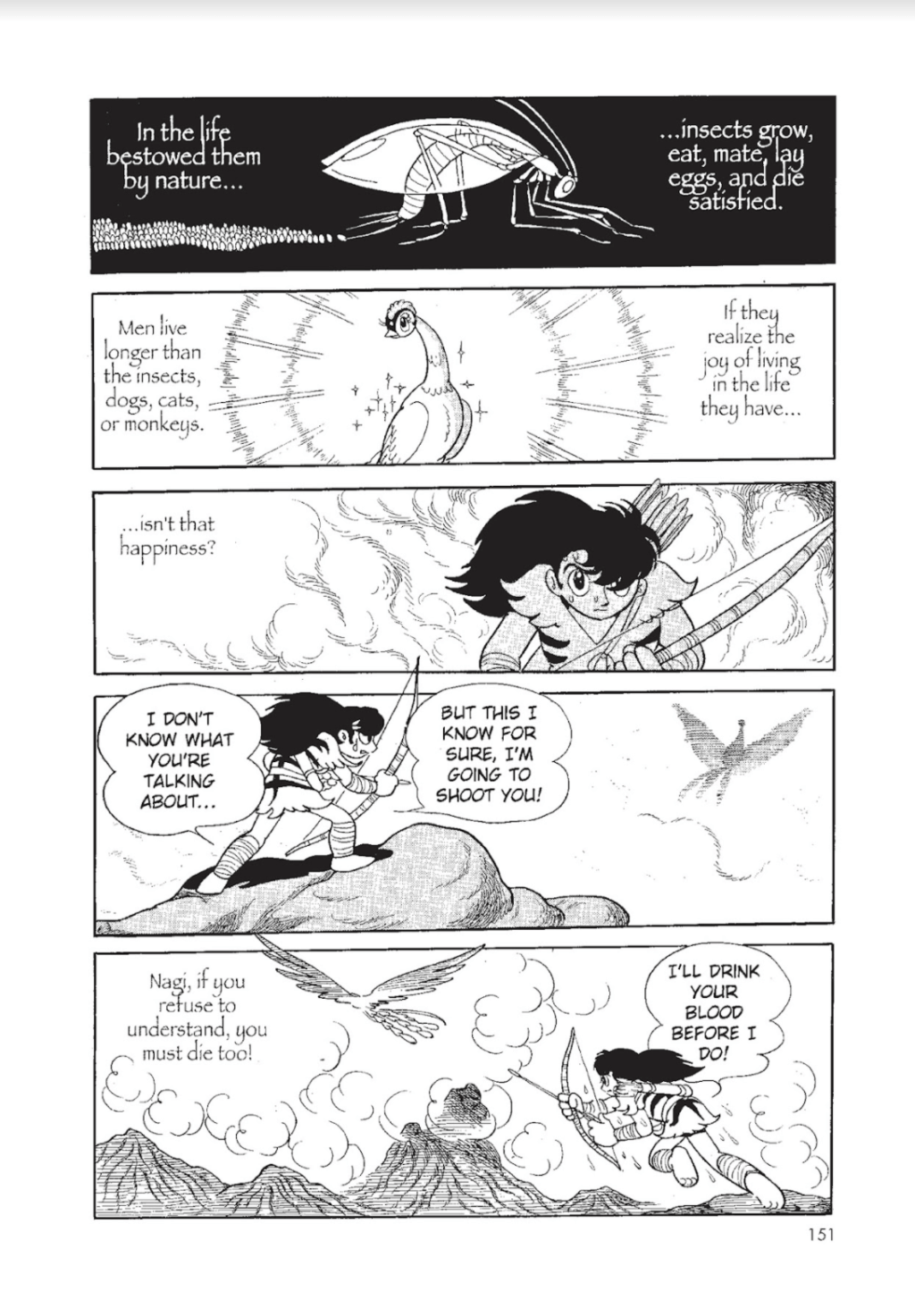
‘Phoenix’ © 2003 by Tezuka Productions
TRENDING
-
Ishiuchi Miyako, A Singular Perspective on Women
Recipient of the 2024 Women in Motion Award, the photographer creates intimate portraits of women through the objects they left behind.

-
Recipe for Ichiraku Ramen from ‘Naruto’ by Danielle Baghernejad
Taken from the popular manga with the character of the same name who loves ramen, this dish is named after the hero's favourite restaurant.

-
Namio Harukawa, Master of Japanese SM Art
'Garden of Domina' offers a dive into the world of an icon of ‘oshiri’, whose work has now reached a global audience.

-
The Tattoos that Marked the Criminals of the Edo Period
Traditional tattoos were strong signifiers; murderers had head tattoos, while theft might result in an arm tattoo.

-
The Emperor of Japanese Porn is Now the Star of a Netflix Series
Deliciously funny, The Naked Director especially succeeds in reviving the atmosphere that was so characteristic of 1980s Japan.





